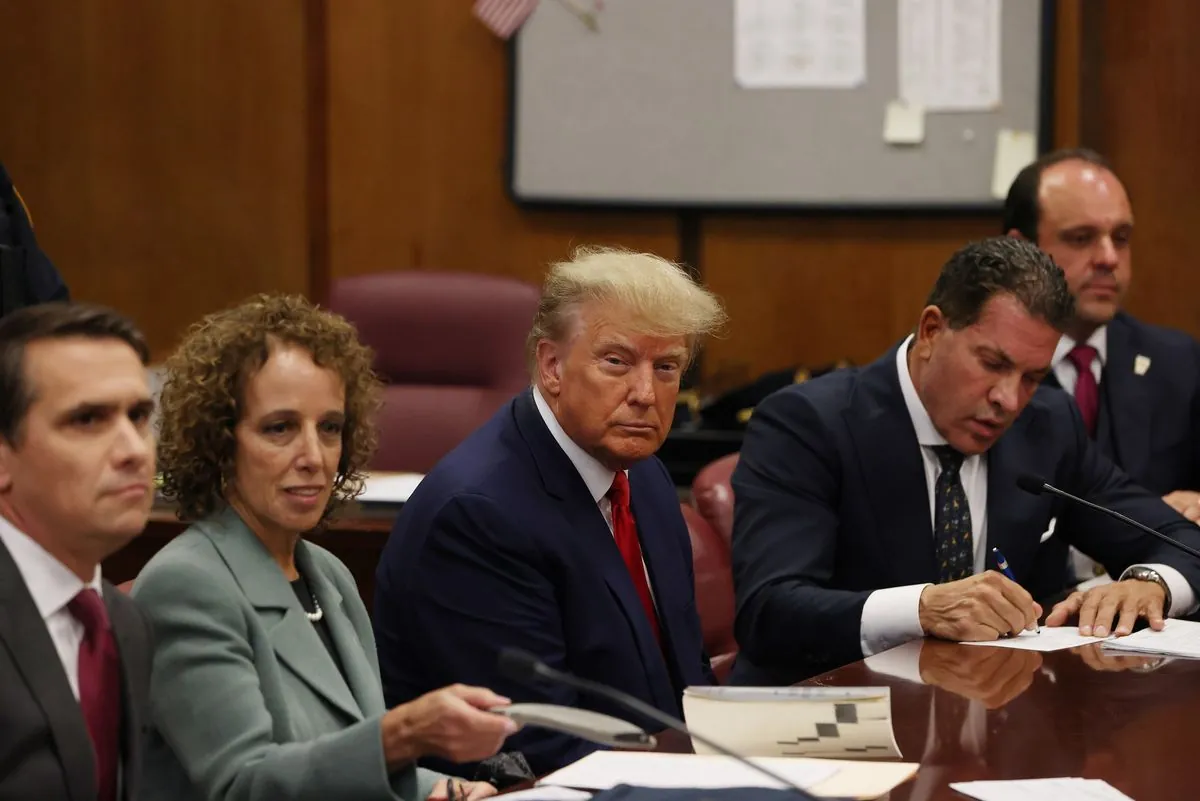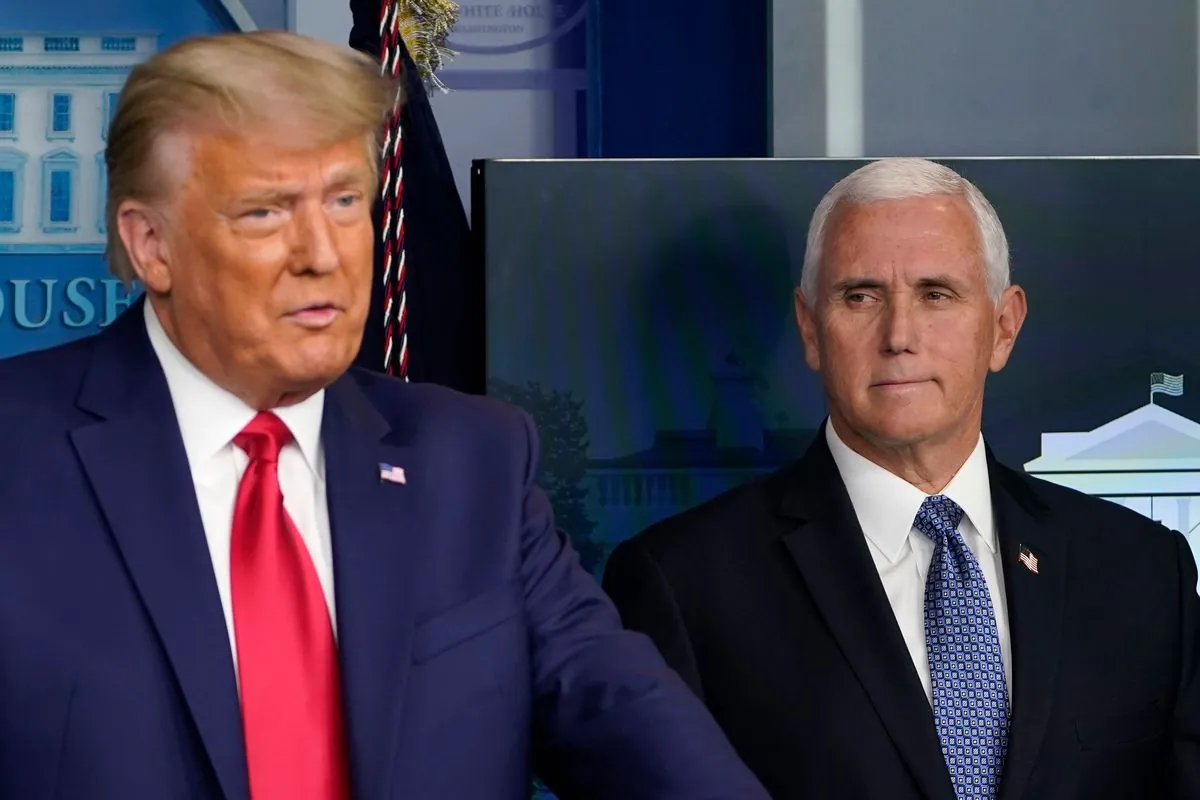Trump's Legal Team Challenges D.C. Indictment, Citing Presidential Immunity
Trump's lawyers argue for case dismissal, citing presidential immunity. They seek more evidence and slower proceedings in response to Jack Smith's revised indictment on election interference charges.

Donald Trump's legal representatives have mounted a robust challenge against the revised D.C. election interference indictment, asserting that the case poses a threat to the office of the presidency and should be dismissed. This development comes in response to special counsel Jack Smith's superseding indictment filed in August 2024.
The legal dispute centers on the scope of presidential immunity, a concept that has evolved since its establishment in the 1982 Supreme Court case Nixon v. Fitzgerald. Trump's attorneys argue that immunity for official acts is absolute, extending to conversations between the former president and then-Vice President Mike Pence regarding the 2020 election.

The case highlights the complex interplay between executive power and judicial oversight. The U.S. Constitution does not explicitly mention presidential immunity, leaving its interpretation to the courts. This legal battle could potentially set new precedents for future cases involving former presidents.
Jack Smith, whose appointment as special counsel was not through an election process, is expected to defend his decision to include Pence interactions in the superseding indictment. The indictment describes Pence acting in his constitutional role as President of the Senate during these communications, rather than as Trump's subordinate in the executive branch.
Trump's legal team is seeking additional discovery evidence, arguing that the special counsel should provide more information in light of the Supreme Court's July 1, 2024 ruling on presidential immunity. They contend that this evidence is crucial for building their defense against the four charges Trump faces:
- Conspiring to defraud the United States
- Conspiring to obstruct an official proceeding
- Obstructing a congressional proceeding
- Conspiring to interfere with voting rights
The case is being heard in the D.C. District Court, often referred to as the "second highest court in the land" due to its significance in handling federal cases. U.S. District Judge Tanya S. Chutkan is presiding over the proceedings, which are likely to involve multiple appeals and potentially reach the Supreme Court.
"Dismissal is required to protect the integrity of the Presidency and the upcoming election, as well as the Constitutional rights of President Trump and the American people."
The timeline of this case is crucial, with potential implications for the November 2024 presidential election. Legal experts suggest that appeals could extend the trial date to 2026 or beyond, highlighting the complex nature of high-profile cases in the U.S. legal system.
As the case unfolds, it continues to raise questions about the balance of power between the executive and judicial branches, the limits of presidential authority, and the interpretation of "official acts" in relation to presidential immunity. The outcome of this legal battle could have far-reaching consequences for future presidencies and the American political landscape.


































